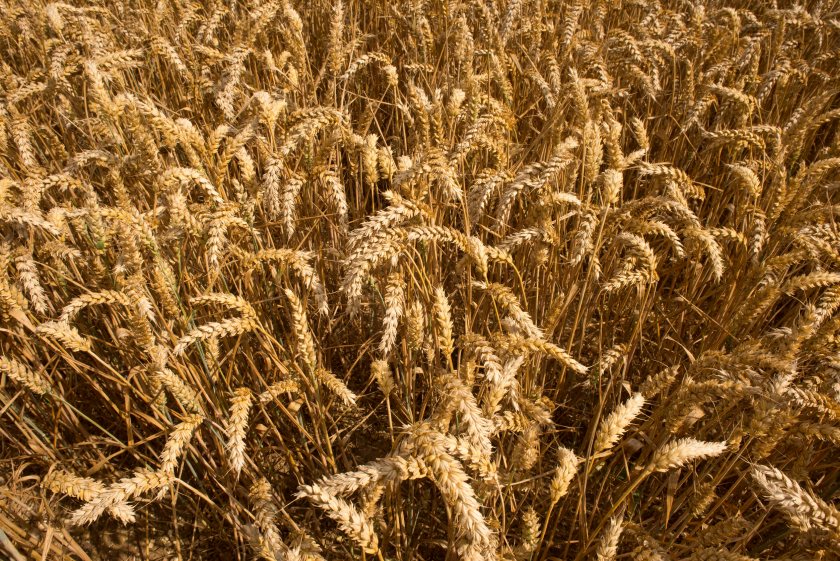NFU pushes ministers to scrap biofuel crop cap

The government has agreed to review key biofuel policies after years of NFU lobbying, opening the door to scrapping the cap on crop-based fuels and even moving beyond E10 petrol.
In its statutory review of the Renewable Transport Fuel Obligation (RTFO), the Department for Transport (DfT) promised a consultation on how low-carbon fuels are rewarded.
It also pledged to set up a working group on increasing ethanol blending in petrol and to call for evidence on crop use in the Sustainable Aviation Fuel (SAF) mandate.
The RTFO forces fuel suppliers to blend in renewable fuels. For British growers, the bioethanol market has been a crucial outlet: in 2017, as much as 1.2 million tonnes of UK wheat went into the supply chain — about 8% of the entire crop.
But since 2018, an artificial “crop cap” has restricted the role of crop-derived fuels, stalling the sector.
The NFU has long argued for change, calling for the cap to be lifted, waste feedstocks to be reclassified, greenhouse gas-based reporting to replace the current system, and trials of E20 petrol.
The union said it was pleased ministers had finally listened, but frustration remains over the pace of reform. Crucially, the Government has refused short-term support for UK plants — a move which has already forced the closure of Vivergo, the country’s main wheat bioethanol facility.
NFU Combinable Crops Board chair Jamie Burrows said the loss of Vivergo was a “huge blow”, not only for workers but also “the thousands of people whose livelihoods depend on that supply chain”. The future of Ensus, which uses more imported grain, now hangs in the balance.
The crop cap, introduced in 2018, has steadily ratcheted down to just 2% by 2032. The aim was to push waste-based fuels with lower emissions, but the system has been widely criticised as unfair.
Industry leaders say it ignores the benefits of crop-based bioethanol, which delivers both fuel and animal feed, and creates a false “crops bad, waste good” narrative.
The DfT has admitted the rules have tilted the market and confirmed it will consult on a new model that rewards fuels by their actual greenhouse gas savings.
If adopted, this would make the crop cap unnecessary, ensuring only the most sustainable fuels thrive.
The government plans to gather evidence and consult industry before legislating in 2026, with changes expected to take effect in 2027.
The NFU said it will keep pressing ministers to deliver certainty for growers and secure a policy framework that recognises the role of British bioethanol in cutting emissions and supporting farming.








